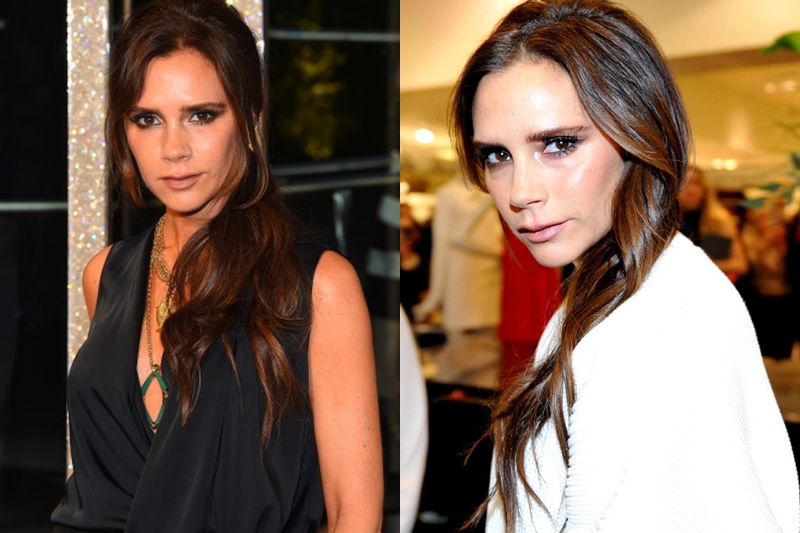- A new study suggests that a person’s face may tell you how much money they have.
- Having a “resting bitch face” may probably mean you’re making a lot of money, based on the study.
They say don’t judge a book by its cover but a new study published in the Journal of Personality and Social Psychology suggests that a person’s face may tell you whether they’re rich or not.
Sounds very judgmental? There’s actually science behind that.

Based on the findings of the study, having a “resting bitch face” may probably mean you’re making a lot of money. This is exactly true for Victoria Beckham, a former Spice Girl who is known for her resting bitch face and extremely successful career and business.
In the study, subjects ages 18 to 22 were divided into two groups. Individuals whose total family income fell under $60,000 were put into the first group, while those with incomes above $100,000 were placed in the second group. The subjects were then asked to pose for pictures without showing any emotion.
A different group of subjects were then asked to guess whether the subjects were rich or poor based on the photos.
Results of the study showed that all of them were able to guess people’s finances correctly with about 53% accuracy. This figure is considered “above random chance”.
Study co-author Nicholas Rule explained that our face comes to permanently reflect and show our experiences over time. Relics of our emotion are still reflected on our face even if we think we’re not expressing something.

Meanwhile, study co-author Thora Bjornsdottir explained that people are not aware of what cues they are looking into when they make judgement.
The study added that perceivers categorize social class using minimal facial clues and utilise a number of stereotype-related impressions to make their judgement.
“Of these, attractiveness accurately cued higher social class in self-selected dating profile photos. However, only the stereotype that well-being positively relates to wealth served as a valid cue in neutral faces. Indeed, neutrally posed rich targets displayed more positive affect relative to poor targets and perceivers used this effective information to categorize their social class. Impressions of social class from these facial cues also influenced participants’ evaluations of the targets’ employability, demonstrating that face-based perceptions of social class may have important downstream consequences,” the study concluded.


